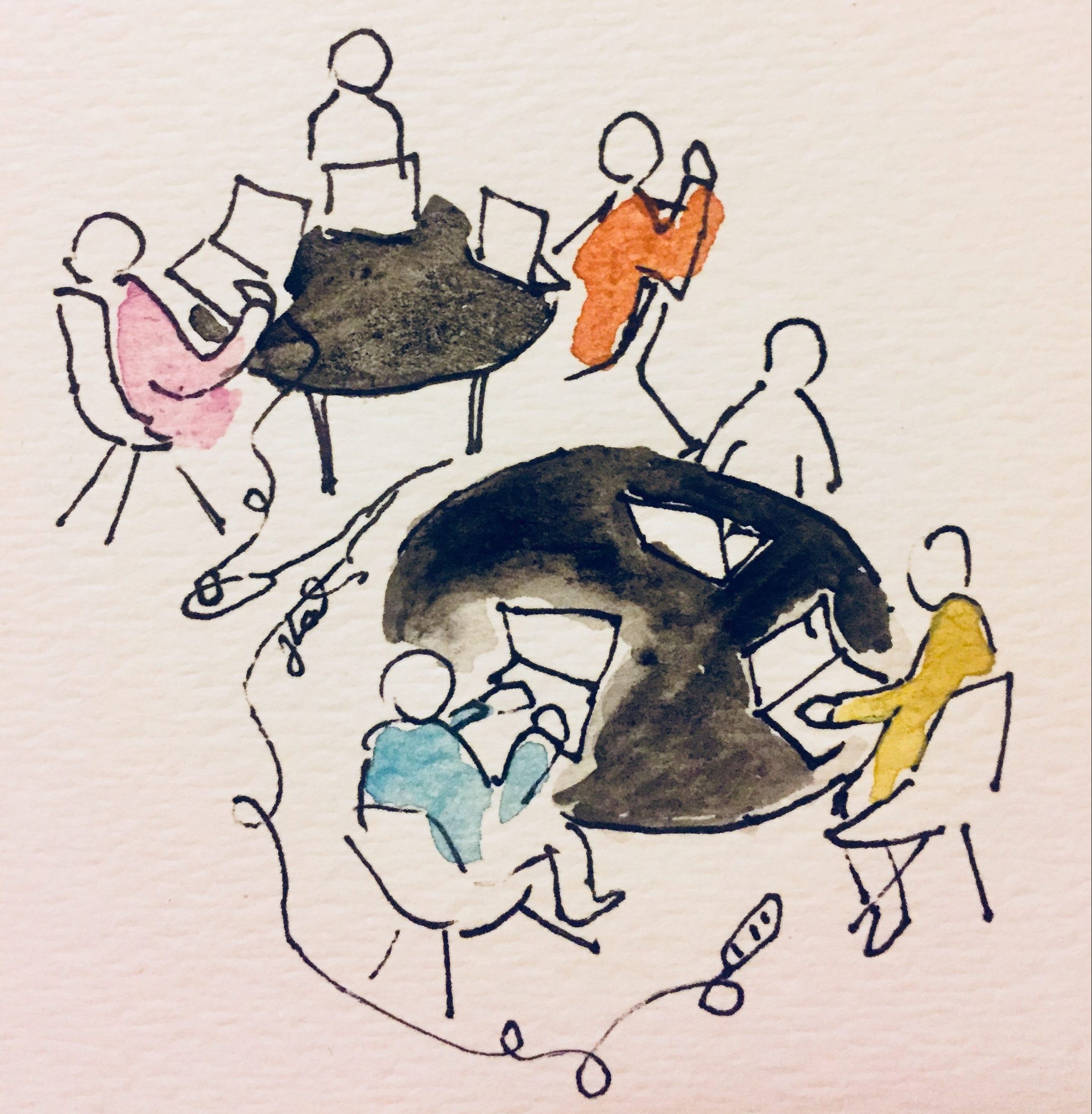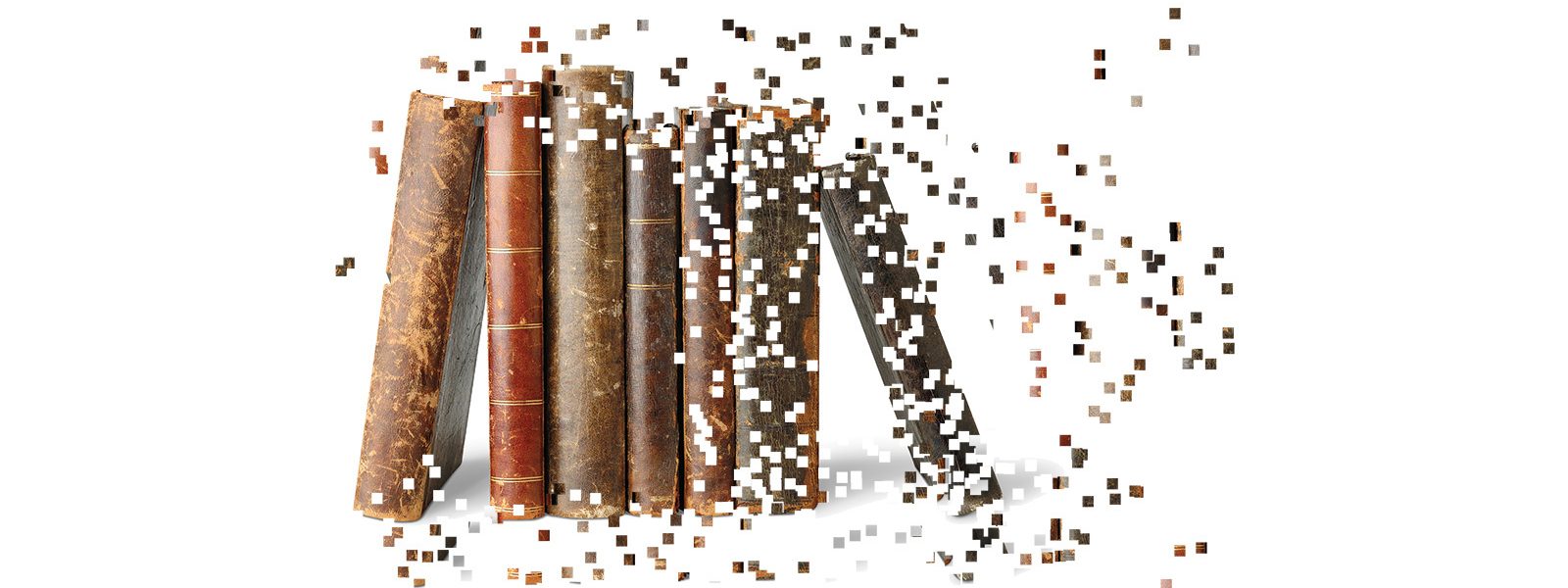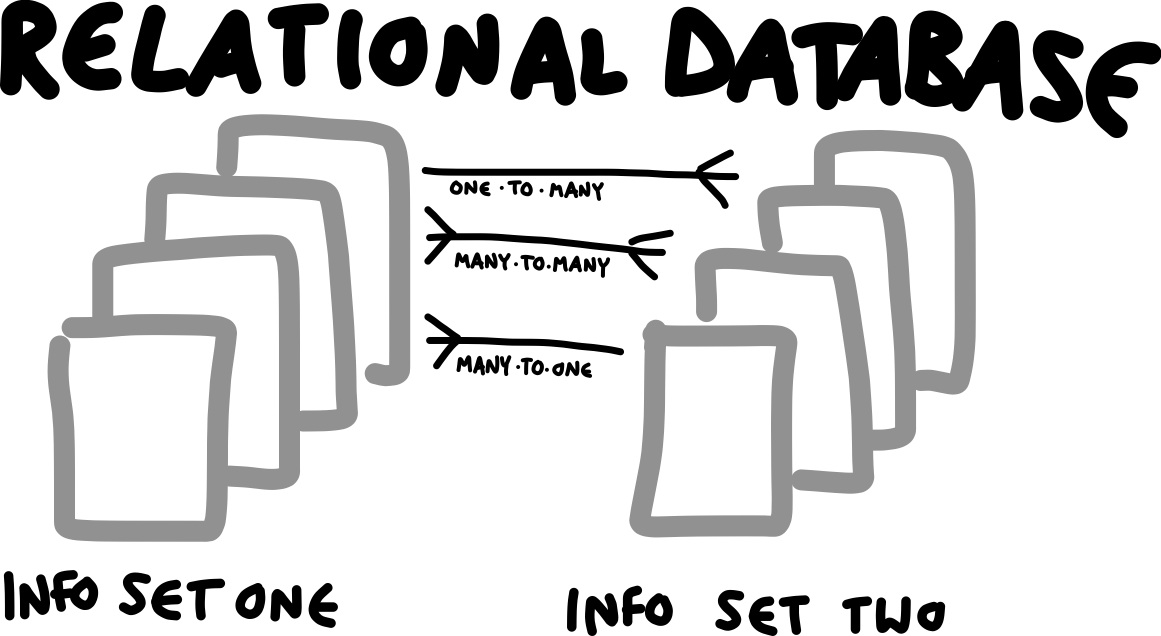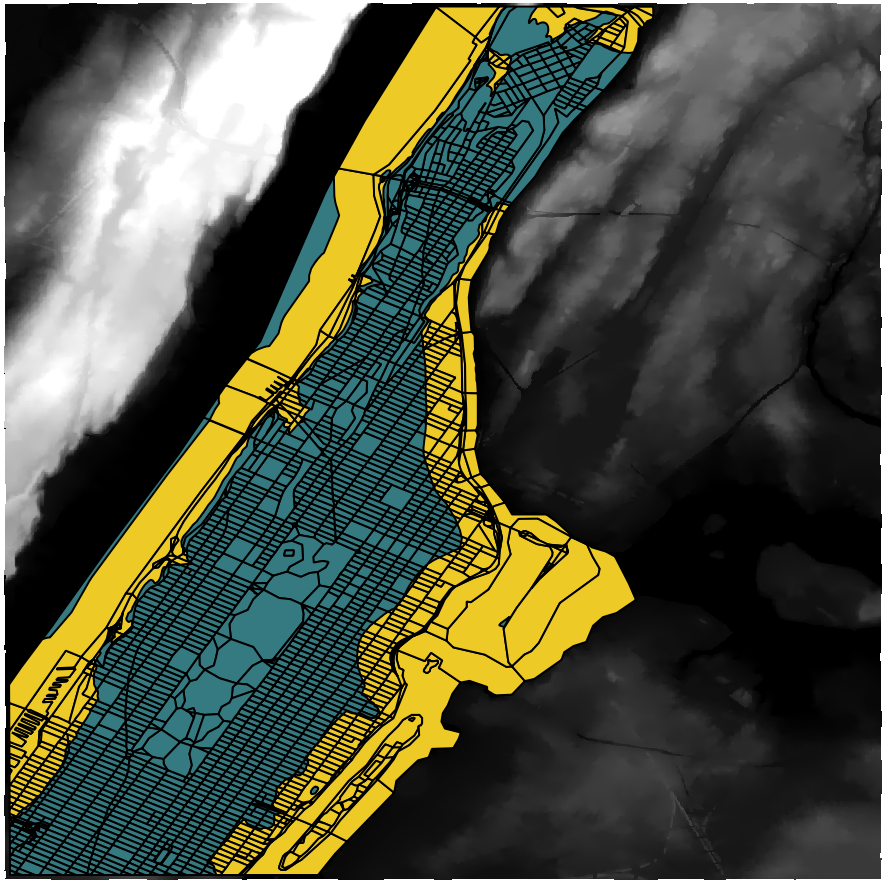
Picture this: It’s November 2020. COVID is surging. We are all still stuck indoors. No vaccines are yet available. It’s total doom! Okay….maybe you’d rather not think about that time again! In the midst of all that chaos, I surprisingly defended my dissertation proposal, which stated that I would analyze social media data. At that point, I had no idea how I would even go about it, but it sounded kind of cool! So that’s why, when I saw the announcement for the GCDI January 2021 Digital Research Institute (DRI)—a free online training course for learning core digital research skills while connecting with peers in an interdisciplinary environment—I jumped at the opportunity to apply. I was lured in by the emphasis that this intensive introduction to Python or R was specifically designed for beginners with no prior coding experience. Thankfully, I was accepted!
As I was counting down the days to the DRI, I became increasingly nervous. I always thought programming was for those “other people,” some nebulous group who seemed to understand something about the world that was fully inaccessible to me. I expected that most of the content shared during the DRI would sound like complete gibberish but my fears were abated after the welcome session. The Digital Fellows running the DRI were able to explain programming using plain English terms. They were not computer scientists. Instead, they were doctoral students across the humanities, social sciences, and natural sciences. They had been beginners not so long before and seemed to remember what that felt like. They knew how to make the material accessible to those who had never imagined being capable of coding.
To get the most out of the DRI, I made sure to practice the commands for the upcoming workshops in advance and made use of the group Slack channel to ask questions. This helped me focus on the what and why during the actual workshop sessions without stressing out about typing in the right code. It also helped to build my confidence because I was witnessing that I could do this on my own and continue building these skills after the DRI. Which is exactly what I did!
Attending the DRI is like getting a sample spoonful of ice cream before you go all in on that flavor. You’ll get a good taste for what a programming language is, but it’s not enough to constitute the full scoop (or three!). It will, however, make you hungry for more, and provide you with the tools needed to begin learning in earnest. Following the DRI, I redid the entire curriculum on my own. I also joined the biweekly Python User Group (PUG) meetings to learn more about how others were using Python for their research and I attended a few GCDI workshops that built on the Intro to Python curriculum offered during the DRI. When I finally felt confident enough, I started to seek out online tutorials for accomplishing specific research tasks like connecting to the Twitter API and conducting sentiment analysis.
Fast forward to today, I am proud to be a Digital Fellow who taught the January 2022 DRI and will be teaching the January 2023 DRI. My dissertation research uses computational text analysis methods like Named Entity Recognition, Sentiment Analysis, and Network Analysis. My career opportunities have shifted to include academic and non-academic pathways in computational social science. None of this would have been possible had I not applied to participate in the January 2021 DRI.
While everyone’s experience of and trajectory after the DRI will be different, if you think you may benefit from getting a sample taste of programming, I encourage you to apply for the January 2023 DRI, which will take place remotely between January 18th to January 24th, 2023. You can learn more and apply here. Applications are due before 11:59pm EST, November 28th, 2022.
I look forward to seeing you there!






